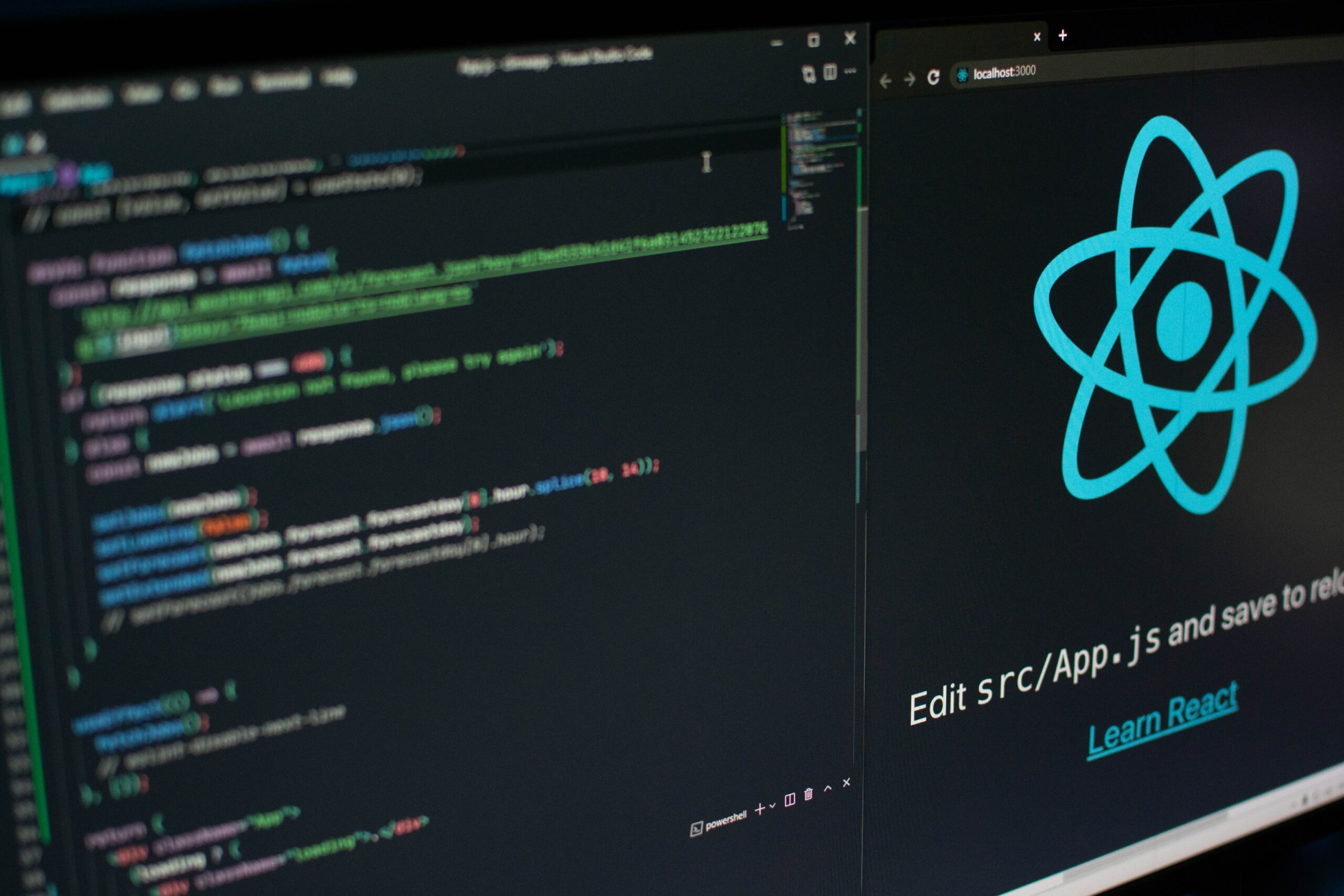
Technological growth is unstoppable. Day by day it is evolving at a fast pace. It simplifies day to day tasks of common people and also helps businesses to reduce the manual workload. In the future, everyone will rely on technology for every small need. The demand for mobile app development is constantly increasing every day among users. Due to this, entrepreneurs are looking for a professional mobile app developer who can deliver the best product as per market demands.
The Play Store and Apple Store is filled with so many users as people are searching for iOS and Android mobile apps for their day to day task. It pushes businesses towards developing a productive mobile app to accelerate their business growth. Business owners have unique ideas to develop a proficient mobile app that can simplify their business operations. But, they still struggle to find the right technology that matches their requirements. When it comes to choosing the right technology for mobile app development, Flutter v/s React Native is the hottest topic to debate.
Both Flutter and React Native are popular frameworks for developing a mobile application. But each one has its perks, it depends upon your needs which one is better to choose.
Let’s compare both the mobile app development frameworks based on the following factors:
- Programming language
- Architecture
- Installation and configuration
- Development tools and documentation
- User interface (UI)
- Developers’ productivity
- Community support
- Community support
Programming Language
React Native uses JavaScript whereas Flutter uses Dart language. JavaScript is user friendly and easy to learn the language. It’s simple to find a JavaScript master for developing React Native based mobile apps. Meanwhile, Dart is a cakewalk for both professionals and freshers. It has gained huge recognition with the user-friendly features it offers. Hence, both languages outshine for developing a quick mobile app for a great user experience.
Technical Structure
The structure of React Native depends upon the JavaScript runtime framework. The prime focus is to establish a communication between JavaScript and Native Code. The Flutter uses the Dart framework. It included almost all the native components. This leads to speedy performance as compared to React Native. Flutter can be considered as strong and helps in creating technically sound cross-platform mobile applications.
Installation Process
React Native offers easy installations using Node Package Manager. Developers with JavaScript knowledge find it very easy to install React Native. The developer must be a trained JavaScript professional in order to work with Code Package Manager. It will allow installation globally or locally as per the user’s understanding of the right location. The Downloading process for Flutter is a bit complex. It does not provide enough feasibility for everyone. Due to this, React Native is ahead of Flutter.
API and UI Components
The user interface is the design and layout for the mobile application that attracts users and leads to increased traffic on your app. The more engaging interface you will offer the maximum visitors will stay at your app. React Native relies on third-party libraries to render a user interface. The Flutter depends upon its framework to host UI rendering components, navigation, and device access APIs. The React Native’s dependency on third-party libraries makes it a poor performer as compared to Flutter.
Development
React-native supports all the text editors and IDEs for supporting maximum productivity level. Flutter utilizes reloaded features, so it is required for Flutter to stretch its horizons and reduce the app’s complexity. Developers having strong JavaScript knowledge and great experience prefer to React Native to create a cross-platform mobile application to maximize business productivity.
Community
The React Native community is equipped with around 9000 users, numerous plugins, and libraries as compared to Flutter. Flutter has 4500 users and also its community is expanding rapidly. With great community support, the React Native framework is favored by most of the tech experts.
There are two sides to the coin, Pros, and cons!
Similarly, Both the platform have some advantages and disadvantages. Let’s list some of the pros and cons of both the innovation to get a fair idea about which one is better to choose:
Pros of developing a mobile app on Flutter
- Highly customizable
- Hot Reload functionality
- Open-source and free to use
- Reliable
- A complete development ecosystem
Some of the disadvantages like:
- Large application size
- Dependency on native tools and technologies to build apps
Many business giants like – Alibaba, Hookle, Topline, OfflinePal, Hamilton, etc have used the Flutter framework for productive business solutions.
Same as react Native has two sides, pros, and cons. Let’s have a quick look at both:
React Native has many benefits like:
- Ready-made components
- Hot reload
- Open-source
- Easily accessible to native functionalities
- React Native for Web functionality
- Highly reliable
- Implementation of Native UI components
This mobile app development framework has disadvantages too.
- Non-friendly navigation
- Complex UI
Conclusion:
Both React Native and Flutter are great options for creative mobile app development. But, what makes a huge difference in your business requirements. Both the platforms offer pros and cons, it depends upon your business needs to choose the appropriate one. The success of a mobile application is determined by the user’s preferences and benefits. You should go with the option that offers maximum user benefits and fuels your business growth.
Author’s Bio:
Brian Comel is an experienced mobile app developer in Sparx IT Solutions, a renowned mobile app development company. He has a strong knowledge of the latest tools and technologies. He likes reading and sharing updated information related to tech developments.









Thank you for your comparison! It’s been a while since the article was published, did your opinion change? Are you still on React Native? I’ve seen lots of more recent articles about Flutter vs React Native, for example https://surf.dev/flutter-vs-react-native-comparison-what-to-choose-to-build-a-mobile-app/, and often see opinions that now, after all the updates, Flutter overcame RN in terms of usability, performance, coding, etc, what do you think about it now?